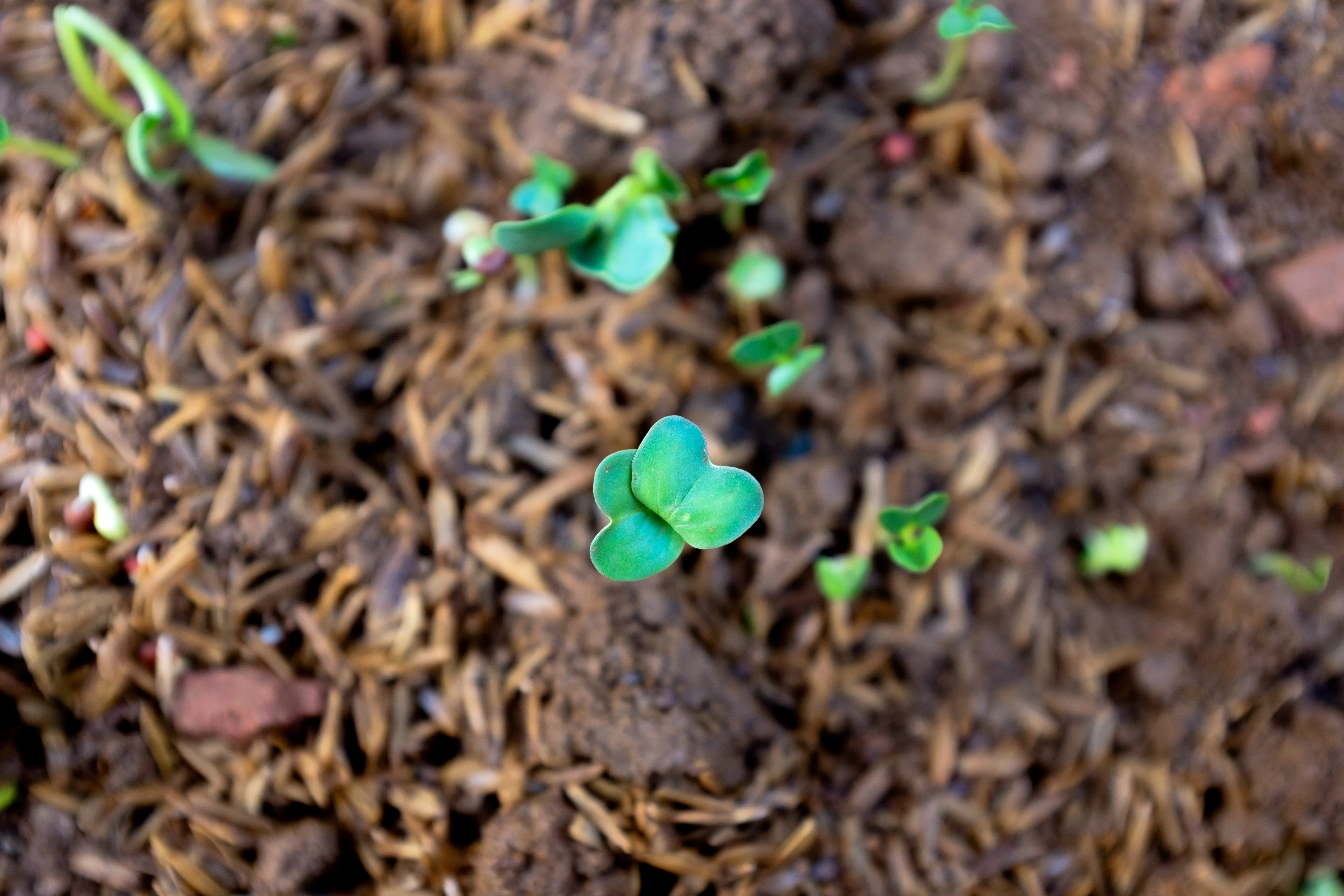Soil Management: The Key to Productive Farmland
Unlock the secrets of productive farming with 'Soil Management: The Key to Productive Farmland' from Vriksha Farms. Delve into sustainable crop rotation strategies, advanced soil fertility techniques, and effective farmland management. Learn how balancing productivity with welfare and leveraging technology can transform your agricultural practices. Discover the vital role of responsible soil management in ensuring long-term success and sustainability in farming."

Introduction
Soil is the foundation of agriculture, and effective soil management is critical for the productivity and sustainability of farmland. Vriksha Farms, with its strong commitment to responsible agroforestry, understands the importance of soil health in creating and maintaining productive farmland. This blog post delves into the key aspects of soil management and how they contribute to the success of agricultural ventures.
The Importance of Soil Health
Nutrient-Rich Soil for Healthy Crops
Healthy soil is teeming with nutrients essential for plant growth. Proper soil management ensures that these nutrients are maintained and replenished, leading to healthier, more robust crops.
Soil Structure and Water Management
Good soil structure is crucial for water retention and drainage. Well-managed soil ensures that water is efficiently used, contributing to the overall health of the farm and reducing the need for irrigation.
Soil Management Practices
Regular Soil Testing
Regular soil testing is an essential part of soil management. It provides vital information about nutrient levels, pH balance, and other factors that can influence crop growth and health.
Organic Matter and Composting
Adding organic matter, such as compost, is a key practice in maintaining soil fertility. Compost improves soil structure, adds nutrients, and promotes the growth of beneficial microorganisms.
Crop Rotation and Cover Crops
Crop rotation and the use of cover crops are effective soil management strategies. They help prevent soil depletion, reduce erosion, and manage pests and diseases.
The Role of Sustainable Farming Techniques
Reducing Chemical Use
Sustainable farming practices focus on reducing the use of chemical fertilizers and pesticides. This not only preserves soil health but also minimizes environmental impact and enhances the quality of produce.
Conservation Tillage
Conservation tillage methods, such as no-till or reduced-till farming, help maintain soil structure and biodiversity. This approach also contributes to carbon sequestration, playing a role in climate change mitigation.
Economic Benefits of Good Soil Management
Increased Crop Yields
Effective soil management leads to increased crop yields. Healthy soil provides a strong foundation for plants to grow, resulting in a more abundant harvest.
Long-Term Sustainability and ROI
Investing in good soil management practices ensures the long-term sustainability of farmland. Vriksha Farms emphasizes sustainable living and offers investors the opportunity to engage in agriculture with a focus on long-term returns and soil health.
Conclusion
Soil management is the cornerstone of productive and sustainable agriculture. By adopting effective soil management practices, farmers can ensure the health and productivity of their farmland for years to come. Vriksha Farms, through its managed farm projects, showcases the integration of these practices, providing tangible returns for investors and contributing to sustainable agriculture.
